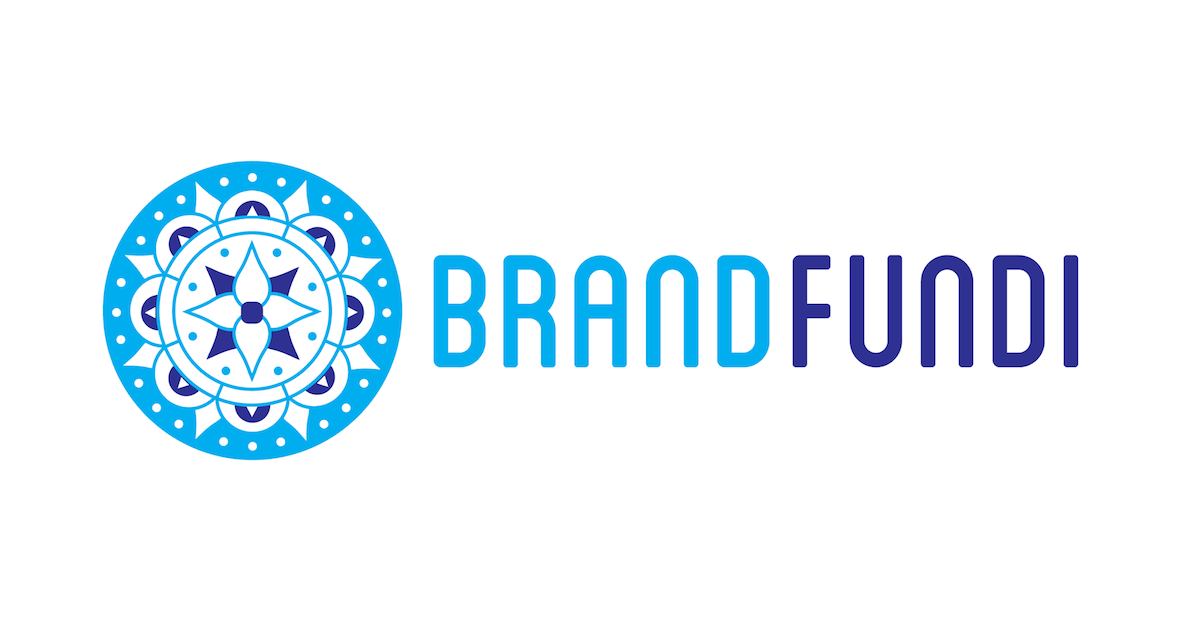With the average person encountering up to 10,000 brand ads daily, the opportunity for brands to compete in the attention economy, let alone engage meaningfully with consumers, is becoming increasingly difficult. The rapid shift of power to consumers to decide how and when to consume content has accelerated the need for even more relevant, captivating and engaging content to have any influence.
Johnson & Johnson, American Express, Selfridges, LinkedIn, Shopify, Trader Joe’s, Gatorade, Jack Daniels and Wix are among the global brands that have successfully embraced branded podcasts as an extension of their marketing strategy. Essentially, a branded podcast is no different from other podcasts, except that it was created by a brand targeting a specific niche audience.
Some South African branded podcast examples include;
- Investec Focus Radio features conversations between leading minds from within Investec and other experts on economic, investment and business.
- The AutoTrader Podcast aims to make everyday shopping decisions easier, while putting some fun back into motoring.
- Sorbet Man presents Shower Diaries discussing how to ‘man’ correctly including topics such as grooming, dressing, and drinking etc.
- Property Woolf delivers news, insights and practical ‘how to’ tips for investors in the South African property market.
- BDO’s Frankly Speaking addresses consumer goods, technology, media, telecoms, natural resources and more.
- The State of The Strong, the canned meat Bull Brand’s podcast interviews guests who share stories of strength to inspire fellow South Africans to discover the potential of their inner strength.
- The Wines of South Africa podcast explores different aspects of the local wine scene, talking to winemakers, winery owners, and other members of the industry, plus reviews from a sommelier.
Podcasting has quickly become the go-to source of inspiration and edutainment. Listeners loyally tune into shows that resonate and make them feel part of a like-minded community whenever and wherever it suits them best – just ask the 424.2 million people who tuned in last year.
The word ‘podcasting’ was first used in 2004 when journalist Ben Hammersley described it as the ‘audible revolution’ or the next generation of radio. Just shy of a decade later, there are more than two million active shows, with over 50% of listeners consuming eight podcast episodes per week. The US$2 billion podcasting industry is set to double in 2024.
One of the biggest contributing factors to this growth is its ‘lower content commitment’ when compared to reading or watching material; i.e., podcasts can be consumed while grocery shopping, exercising, doing chores, driving or even taking a shower, easily slotting into busy schedules without users committing to screentime. 94% of listeners consume podcasts while performing other tasks. What’s more, consumers spend more time listening to podcasts than they do on social media.
BBC research revealed that podcasts that mention a brand resulted in 16% higher engagement and 12% higher recall than other content. Moreover, they generated
89% brand awareness and drove purchase intent by 14%.
Branded podcasting, done well, will tap into audience psychographics and earn the undivided attention of consumers who are aligned with the brand values and want to tune in. Audience numbers may be smaller when compared to other platforms but the audience will be deeply engaged with the brand’s content.
Podcasts tend to be more engaging than video content. Videos hold the audience’s attention for an average of two minutes, i.e. 70% of the audience is still watching at this point and then quickly drop off. In contrast, podcasts maintain the audience for 28 minutes and deliver an 85% completion rate of the content.
The best-branded podcasts provide great storytelling, engaging and insightful hosts, and inspiring, entertaining and informative content. According to Reuters, people tend to listen to podcasts for entertainment and learning. In fact, a Nielsen survey revealed that up to 66% want to ‘learn something new’.
Successful branded podcasts are easily tracked through metrics including total downloads and subscribers, reviews, listen-through rate, and spillover into the brand’s ecosystem, including website and social media following and engagement, plus leads and purchases, etc. The authentic conversational nature of a podcast allows the hosts to come across more naturally, and as a result, listeners tend to think of them as more trustworthy and credible and, therefore, highly influential.
Of course, high-quality production, strategic distribution and listener-focused content are essential for audience engagement and growth. A branded podcast requires dedicated resources and a marketing plan to sustain long-term relationships with its audience.
Bonus: Here’s a link to the best global retail podcasts.




